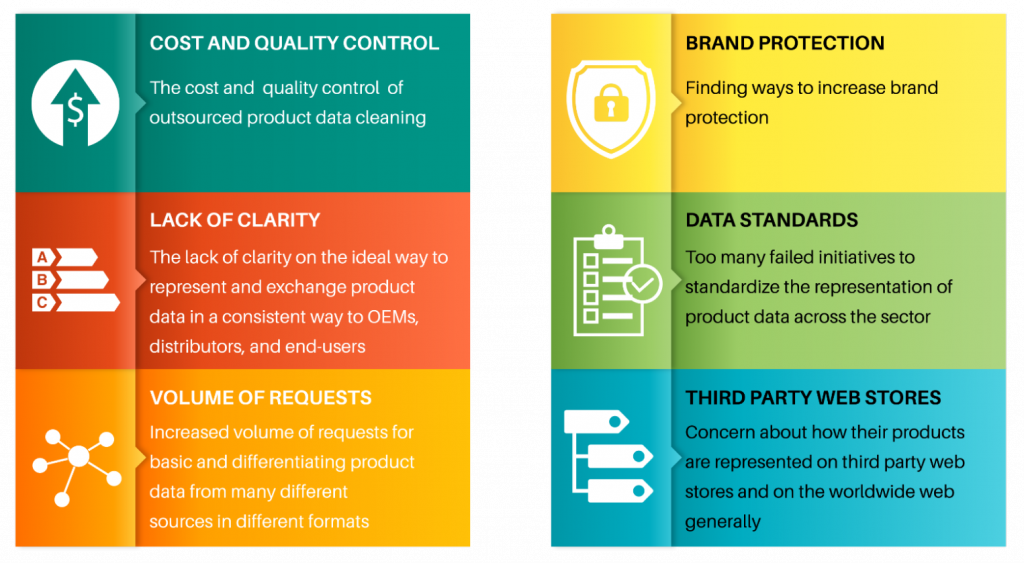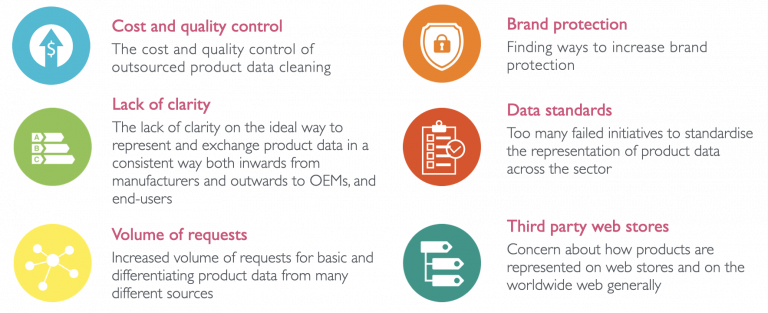In oil and gas upstream projects, the transition from engineering design to operational readiness hinges significantly on the accurate and timely provision of Spare Parts Interchange Lists (SPILs), also known as Spares Parts Lists and Interchangeability Records (SPIRs) or Recommended Spare Parts Lists (RSPLs). These critical documents, furnished by Equipment Manufacturers (OEMs) via Engineering Procurement Contractors (EPCs), lay the groundwork for operational efficiency and risk mitigation.
The Late Arrival and Inconsistencies of SPIR Documents
A prevalent issue facing plant operators is the delayed release of SPIR documents by EPCs, often at the project’s conclusion or omitted entirely despite contractual penalties. This delay hampers the operator’s ability to procure long-lead items promptly and accurately forecast warehouse requirements for greenfield projects. The format inconsistency of SPIRs, stemming from their evolution from paper forms to spreadsheets, further complicates data extraction due to non-standardization and frequent edits.
The Solution Paradigm: Moving Beyond Spreadsheets
A study of numerous SPIR documents illustrates the inherent flaws in traditional SPIR documentation: non-extractability, vague product descriptions, disregard for equipment criticality, maintenance capabilities, and the overarching poor data quality. Such deficiencies underscore the urgent need for a paradigm shift towards standardized, digital data exchange protocols that ensure data integrity and accessibility.
In an example, from a single 62-line SPIR document, the term O-ring (as per ISO 5598:2019) is described incorrectly in four different ways (“O” Ring, ORing, O Ring, and O-Ring). The material and the shore hardness were missing from the details, and although the dimensions were included, it is still impossible to safely order this common consumable item from another supplier.
The Imperative for High-Quality Data
Addressing the challenges posed by SPIRs necessitates an embrace of international data exchange standards, such as ISO 8000. This approach advocates for supplier-led data specification in computable formats, grounded in the provenance of data to eliminate ambiguities and streamline data utilization. A contractual clause mandating ISO 8000-115 compliant identifiers represents a tangible step towards achieving guaranteed data quality, cost reduction, and enhanced operational efficiency.
Conclusion: A Call for Digital Transformation
The persistent reliance on spreadsheets for managing SPIR documentation in an era dominated by digital data standards is perplexing. The transition to a digital data exchange service, underpinned by international standards like ISO 8000, offers a promising solution to the entrenched issues of data quality and efficiency in spare parts management. This digital transformation, initiated through strategic contractual requirements, paves the way for operational excellence in all capital projects, whether in asset intensive industries, or regular manufacturing facilities.










